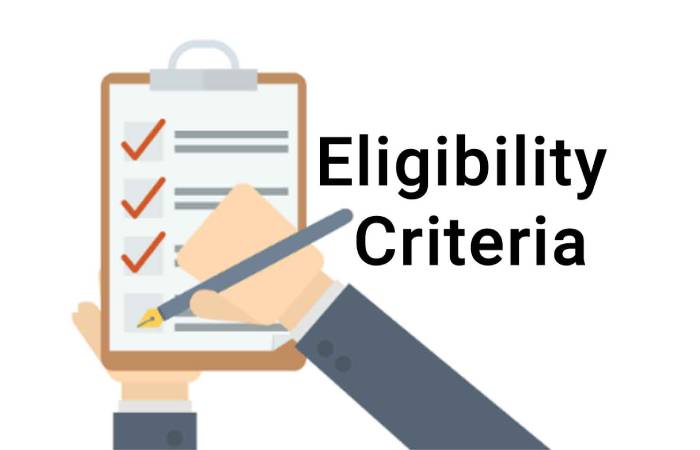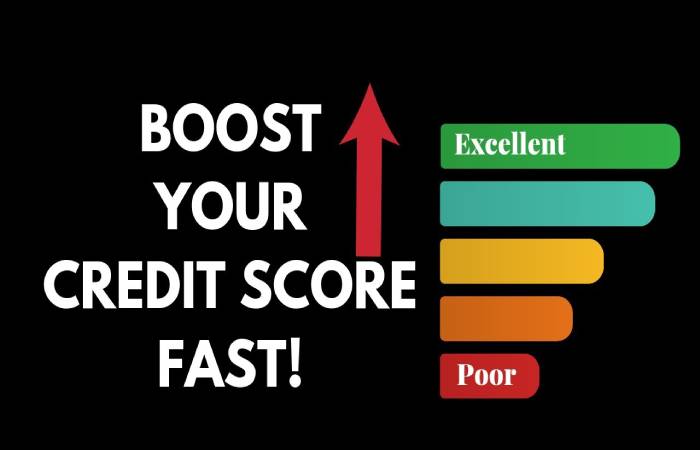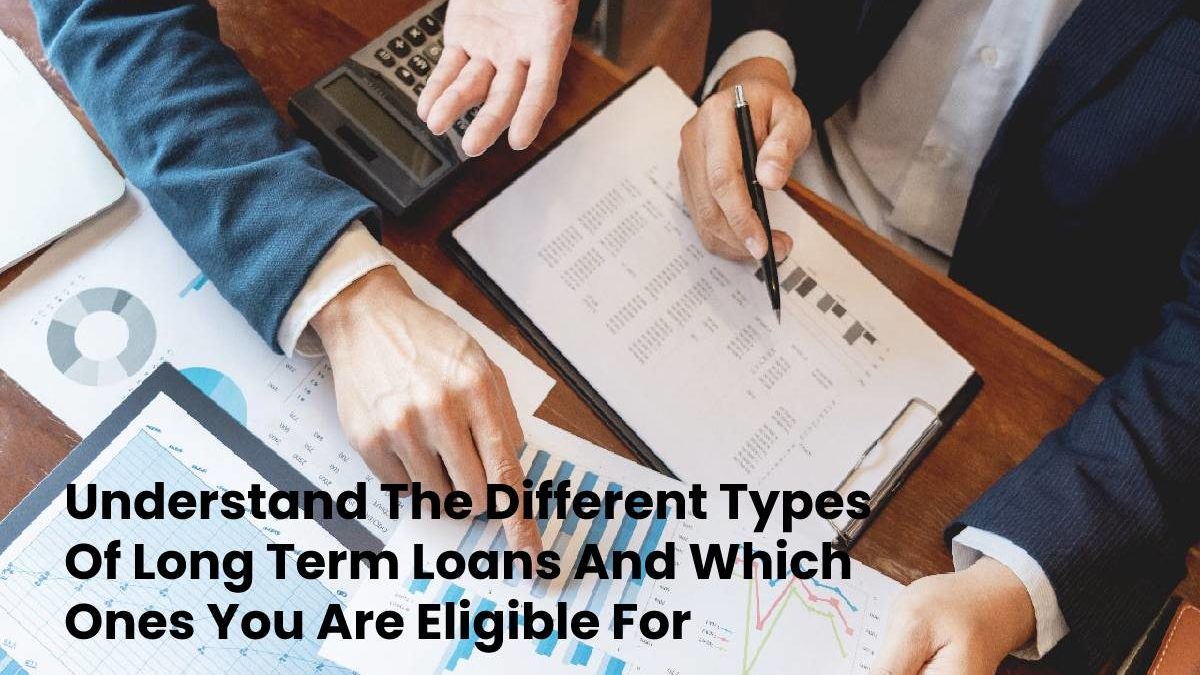Understanding the terms and conditions of a loan often poses a more significant challenge than actually getting the loan approved. If you live in the UK, there are so many different types of long term loans. Which ones would you qualify for were you to apply?
Table of Contents
Different Types Of Long Term Loans In The UK
We consider any loan with a repayment period over three years as a long-term loan. You can get two types of long term loans in the UK – secured loans and unsecured loans.
A secured loan usually includes loans that get issued against an asset such as property. A good example of a secured loan is a second mortgage.
An unsecured loan is a loan not linked to an asset, for example, a mortgage on a house.
Given below are a few of the major types of long term loans you can get in the UK:
Mortgage
This is the most prevalent type of long term loans that you can get. It helps you to buy immovable property such as a house or land. Because of the high value of the property in question, you get instant access to the value of the property.
The lender pays your seller the full amount, on the promise that you will pay back the total value with interest over a period of years called the “term.” Mortgages typically have terms of 25 to 30 years.
Remortgage
You may have had a mortgage with a lender for several years. However, there may be some better deals out there. Hence, you can move your mortgage for a nominal fee, and end up paying less on your monthly installments.
Second Mortgage
To buy a second property, you can opt for a second mortgage. A second mortgage uses the first property as security for lending money for the second property. Unlike a mortgage, a second mortgage doesn’t need a credit rating.
Personal Loans
This type of unsecured loan gives you access to money that you can use as you like. You need to have a reasonable credit score to get a personal loan approved. This is because there is no security attached – you can’t lose your property if you default here.
Property Development Loans
If you want to spend money on developing your property, you can get a secured loan to cover your expenses. Depending on the scope of work, you can apply for a corresponding amount.
Business Loans
Whether you are starting your business or expanding it, you can avail of loans to cover your expenses. Here are a few of the main categories of business loans:
- Start-up Loans: If you need to generate some capital to get your business on its feet, this loan will suffice. These loans usually have terms of three to five years.
- Small Business Loans: A small business loan may be secured or unsecured, and a typical term would be about five years. As the name suggests, such loans apply to businesses with moderate turnover.
- Medium To Long Term Business Loans: A loan of this type may have a term of way over five years. The loan amounts can be massive, in proportion to the turnover of the company. A detailed business plan and project report would have to be presented to the lender who scrutinizes it.

Eligibility Criteria For Long Term Loans
Before you apply for a loan, you would do well to know the eligibility criteria. In this way, your loan application has a better chance of approval in the first instance.
When you apply for a loan, the lender will conduct a loan eligibility check on you. Given below are the main factors that will be considered in the check:
General Criteria
- Need to be at least 18 years of age
- Should be a UK resident
- Must have a current account with the lender
- Evidence of means of repayment
- Need to state the purpose of the loan
- The loan should not be used for illegal purposes
Credit Score Requirements
This is one of the most critical factors that decide your eligibility for a loan. Your credit score is a number that indicates how likely you will be able to repay your debts, based on your credit history.
Lenders get your credit information from credit reference agencies. Three of the major ones in the UK are Experian, Equifax and TransUnion. Each agency uses a unique set of numbers, the higher ones indicating a better credit history.

How To Improve Your Credit Score
To improve your chances of eligibility for a loan, you need to maintain a good credit score. Here are a few useful tips:
Get Your Credit Information
You can get your credit information from a credit reference agency. You are entitled to receive a free report about once a month.
Register Yourself With The Electoral Rolls
For lenders to identify yourself more quickly, you need to get included on the electoral rolls.
Get A Credit Building Card
If your credit history is poor or doesn’t exist (if you are young, this can happen), you can get a credit building card. It comes with a very high-interest rate, but if you pay your dues promptly, it establishes your reliability.
Reduce Your Applications For Credit
Try not to apply for credit too much, especially for loans. A trail of too many loan applications will raise red flags with a prospective lender.
Cancel Your Old Cards
Having too many credit cards is reflective of a weak credit profile. Hence, if you have old credit cards that you don’t use any more, cancel them.
Steer Clear Of Payday Loans
Recurring payday loans suggest that you are not able to keep your finances under control. Hence, try to avoid this type of loan.
Check The Fraud Database
The National Hunter database maintains a record of potentially fraudulent applications. If you find your details on this database, then you will not be able to secure a loan. Although less likely, it’s better to check that your details aren’t listed there.
Conclusion
Once you understand the different types of long term loans and their eligibility criteria, you can apply for a relevant one. With a sound knowledge of how to maintain a good credit score, you should be able to secure a suitable loan for yourself.

